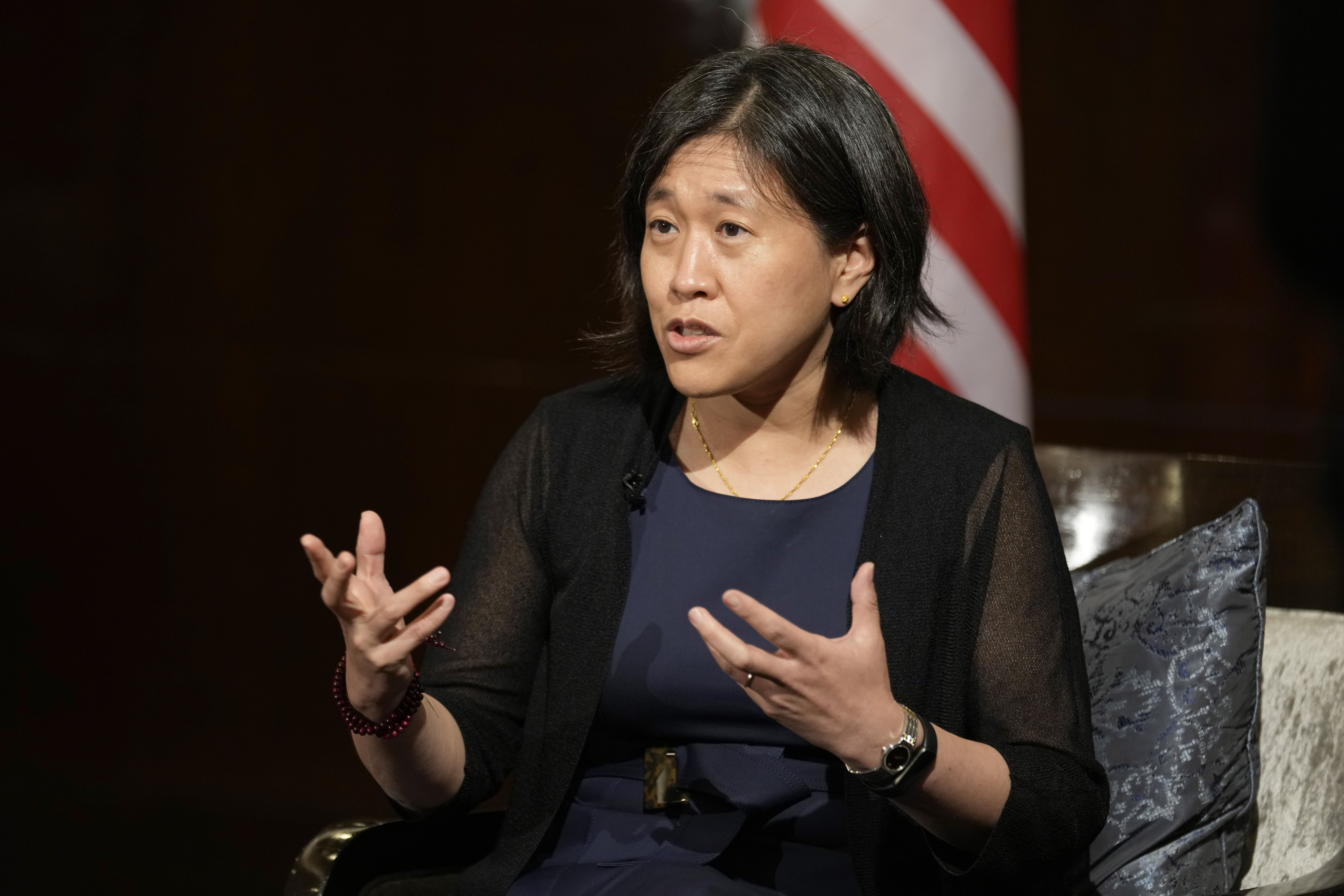CAPITAL SECURITY — Who should be responsible for protecting the national capital? The question has been top-of-mind since the “Freedom Convoy” protests overwhelmed the Ottawa Police Service in February. A House of Commons committee is currently studying whether to extend the area around Parliament Hill monitored by the federal Parliamentary Protective Service instead of the municipal police. In a new paper, Carleton University assistant professor JERALD SABIN explores the possible solutions to Ottawa’s jurisdictional mess, including one he concedes is “radical.” Playbook spoke with Sabin about his ideas. This interview has been edited for length and clarity. You wrote that there’s a “misalignment” between jurisdictional and political responsibility for Ottawa. What do you mean by that? In other federations, such as the United States, Australia and India, the capital city is carved out of the country and made into a federal district. Ottawa is a regular municipality in the province of Ontario. So the misalignment comes in Canadians associating Ottawa with the federal government, where in terms of policymaking and policy direction, Ottawa is subject to the whims of Queen’s Park. How did that play out during the Freedom Convoy protests? It was politically risky for [Ontario Premier] DOUG FORD to take on, condemn, or in any way move against convoy participants. There was support in his caucus and in the broader Progressive Conservative Party for, if not the actions of convoy protesters, at least their grievances. The federal government, on the other hand, had very little power off of Parliament Hill. So that prolonged the occupation. In your paper, you say a municipal police force should not be tasked with protecting a national capital. Is that the issue, in a nutshell? A hundred percent. It’s crazy. [The Ottawa police] are doing traffic stops, they’re doing community policing, they're doing criminal investigations. They're doing that smaller-scale police work that's focused on the residents of Ottawa. And they're being tasked, at the same time, with having the resources and the capacity to take on national security incidents. Very few other police services in the country are going to be tasked with that. You discuss three possible solutions. What are they? The first solution would be for the City of Ottawa to close down access for vehicles on Wellington Street [across from Parliament], and to make it into a pedestrian mall that has controlled access. The second solution is to have the federal government assume operational control of Wellington and Sparks streets [by expanding the parliamentary precinct]. I think this is the ideal solution in the short term. The third solution is the most radical and the least likely to occur. It would be to follow the precedent set by other federations, like the United States or Australia, and to carve out the national capital region as a federal district or a territory. There are some risks involved in that. In Washington, D.C., it’s Congress that sets the laws, and so you have to capture the attention of federal politicians, whose focus is at the national level, in order to get things done. And in Australia, there was a long struggle for local government and self-determination for the residents of the Australian Capital Territory. And so there are risks for Ottawa, but there might also be benefits. Probably the most looming issue is that you'd be asking the province of Quebec to cede territory to the federal government, and the current politics of that seem fraught. I can't imagine a pathway forward where that would occur. It seems your conclusion is that extending the parliamentary precinct is the best we can hope for. It’s the most elegant solution. It will provide the greatest level of security for downtown Ottawa and remove the burden of national security. There's an open question about whether we're likely to see a lot more of these large-scale protests that require large-scale police responses. We are in a moment of political unrest. We’re dealing with the aftermath of the Covid-19 pandemic, and the frustration, the loss, the trauma that people have experienced over the past two and a half years. And that has been manifesting itself in protests across the country. But now that that precedent has been set, now that protesters know that it's possible to blockade the national capital of a G-7 country, the obligation of all levels of government is to ensure that this doesn't happen again. — In related news: International partners had concern about Canada’s ‘ability to handle’ convoy protests. (The Canadian Press) Blockades cost Canadian economy billions in reduced GDP, documents show. (The Globe and Mail)
| 
